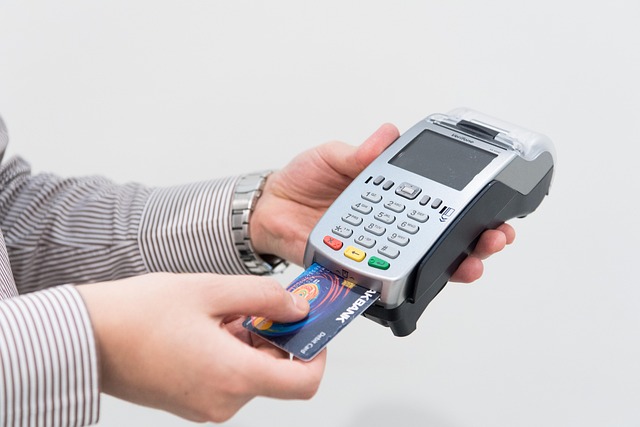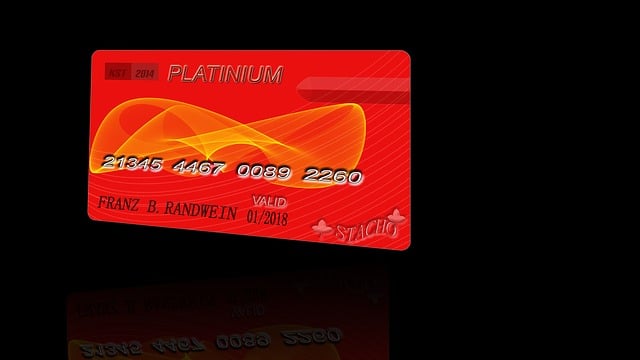Short-term rental apps have revolutionized travel by offering flexible stays, but safety is paramount. Background checks are vital for landlords, screening financial stability, rental history, and criminal records, reducing damage and non-payment risks. Despite misconceptions, checks provide secure proof of funds, enhancing trust and securing transactions. Implementing tailored checking systems, combining digital efficiency with validation, ensures fair practices while positively impacting the renting experience ("impact of checks on renting"). Regular updates based on industry trends are essential to maintain a balanced approach.
“The rise of short-term rentals has reshaped the traditional real estate landscape, offering unique opportunities and challenges. This article delves into the intricate world of rental applications, focusing on the pivotal role of background checks. We explore how these checks influence the screening process, bolster trust, and enhance security for both landlords and tenants. By addressing common misconceptions and providing best practices, we aim to illuminate the positive impact of thorough checking in short-term renting.”
- Understanding Short-Term Rental Applications and Their Process
- The Role of Background Checks in Rental Screening
- Positive Impact: How Checks Enhance Trust and Security
- Common Concerns and Misconceptions About Using Checks
- Best Practices for Implementers: Ensuring Fair and Efficient Rentals
Understanding Short-Term Rental Applications and Their Process

Short-term rental applications have become a significant part of the modern travel experience, offering guests flexibility and unique accommodations. These platforms connect property owners with travelers seeking temporary stays, often for a few days or a week. The application process typically involves creating an account, providing personal details, and verifying identity through various means, including background checks. Understanding this verification step is crucial to gauging the impact of checks on renting.
The primary goal of these checks is to ensure the safety and security of both property owners and guests. By verifying identities, landlords can prevent fraudulent activities, reduce the risk of damage, and ensure that renters meet the necessary criteria. This process helps maintain a reliable and trustworthy environment for all involved, fostering a positive short-term rental experience.
The Role of Background Checks in Rental Screening

Background checks play a pivotal role in rental screening, offering landlords a crucial tool to assess potential tenants. These checks provide insights into an applicant’s financial health, rental history, and any legal issues or criminal record. By examining these factors, landlords can make informed decisions about who will be granted access to their properties.
The impact of background checks on the renting process is significant. They help ensure that tenants are responsible and reliable, reducing the risk of damage to the property or non-payment of rent. For short-term rentals in particular, where guests may stay for a few days or weeks, these checks are even more essential. They safeguard both the landlord’s investment and provide peace of mind, ensuring a safe and enjoyable experience for all involved.
Positive Impact: How Checks Enhance Trust and Security

Checks play a pivotal role in enhancing trust and security for short-term rental applications, significantly improving the overall experience for both property owners and tenants. By requiring applicants to submit checks as part of their application process, landlords gain valuable insight into potential residents’ financial stability and reliability. This simple step acts as a powerful indicator of an applicant’s commitment to the rental agreement, thereby reducing the risk of default or non-payment.
In today’s digital era, where online transactions are prevalent, checks offer a tangible and secure alternative. They provide a clear, documented proof of payment, fostering a sense of confidence and peace of mind for property managers. This is particularly crucial in the short-term rental market, where quick decision-making and immediate validation of financial capabilities can make or break a booking. The impact of checks on renting is undeniable—they strengthen the trust between landlord and tenant, ensuring a smoother and more secure transition into temporary housing arrangements.
Common Concerns and Misconceptions About Using Checks

Many prospective tenants and property managers have concerns about using checks as part of the rental application process, often due to misconceptions about their impact on short-term rentals. One common worry is that checks might be seen as an outdated and cumbersome method in today’s digital age. However, this perception fails to recognize the value and reliability they offer. Checks provide a secure and verified record of financial stability, which is crucial for assessing a tenant’s ability to meet their rental obligations.
Another misconception is that checks are less reliable than digital payment methods, but this couldn’t be further from the truth. In fact, when properly processed through secure systems, checks can offer just as much verification and protection against fraud. They provide tangible proof of funds, ensuring property managers can cross-reference information with financial institutions. By understanding these misconceptions, both tenants and landlords can appreciate that checks play a significant role in streamlining and securing the short-term rental application process, positively impacting overall renting experiences.
Best Practices for Implementers: Ensuring Fair and Efficient Rentals

Implementing a robust checking system is essential for short-term rental platforms to mitigate risks and ensure fair practices. Landlords and property managers should focus on establishing clear guidelines and processes to make the most of these verifications. First, consider the type of checks required; background, credit, or both, depending on the level of risk associated with the property and tenant. A balanced approach is key; while thorough screening protects against potential issues, over-scrutinizing may deter legitimate applicants.
Efficiency is another vital aspect. Streamline the process by offering digital options for documentation upload and automated verification where possible. Real-time data validation can speed up decision-making without sacrificing accuracy. Regularly reviewing and updating these practices based on feedback and industry trends ensures that the rental application process remains fair, transparent, and responsive to the evolving impact of checks on renting dynamics.






